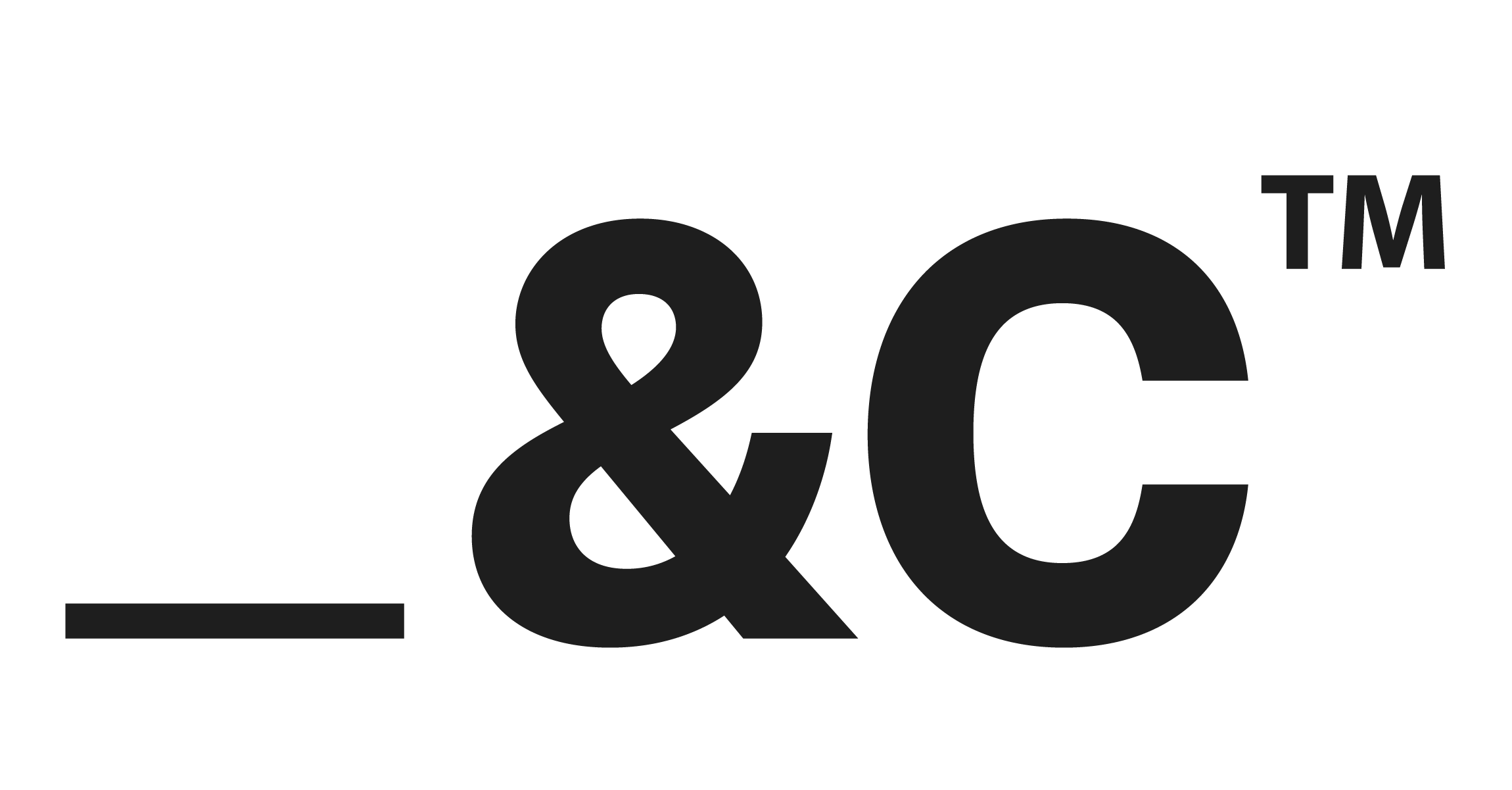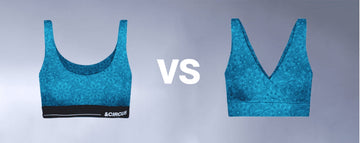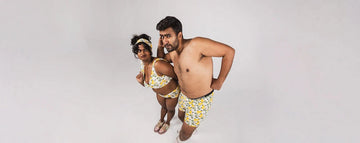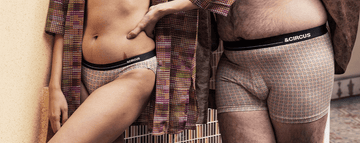The Choice to Breastfeed
The journey of motherhood begins with the birth of your baby, followed closely by a lot of important decisions, among which is the choice of breastfeeding. It's a profoundly personal decision, often influenced by health considerations, work commitments, and societal pressures. Despite this, regardless of the chosen path, every mother's decision deserves respect and support.
According to the CDC, about 83% of U.S. infants are breastfed at birth, but only 57.6% are still breastfed by six months. This decline may be attributed to several factors, including societal pressure and lack of support for breastfeeding mothers.
Societal Pressures: The Silent Dilemma
It's undeniable that society places enormous pressure on mothers, often advocating for breastfeeding as the 'gold standard'. While breastfeeding has benefits, this narrative can make mothers unable to breastfeed feel inadequate or guilty.
Simultaneously, a paradox exists. Mothers who choose to breastfeed are often stigmatised or shamed for breastfeeding in public. This contradiction puts undue stress on mothers, creating a complex web of societal pressures that can negatively affect their mental and emotional well-being.
Body Positivity: Embracing the Power of Motherhood

Body positivity, an empowering movement that promotes acceptance of all body types and challenges societal beauty standards, can be a lifeline for new mothers navigating these pressures. This philosophy can offer an incredible support system for nursing mothers, encouraging them to love and appreciate their bodies while constantly adapting for the miraculous feat of nourishing another human being.
During nursing, a woman's breasts undergo several changes. The milk-producing glands in the breast become more active and increase in size. The milk ducts expand and become more prominent, making the breasts feel heavier and fuller. Blood flow to the breasts also increases, which can cause the breasts to become more sensitive and tender. In some cases, breastfeeding can even cause the nipples to darken or become more prominent. Overall, these changes are entirely regular and are a natural part of motherhood.
In the context of breastfeeding, body positivity means accepting and supporting changes in a woman's body during this time, including feeding. It's about changing societal perceptions and creating environments where nursing can be comfortably and openly practised if the mother chooses. It's also about acknowledging that not being able to or choosing not to breastfeed doesn't make anyone less of a mother.
How Body Positivity Empowers Mothers?

When body positivity is incorporated into a mother's journey, it can dramatically change the experience. Mothers who are secure in their bodies and feeding choices can feel more confident, less stressed, and have a more positive overall outlook.
Reduces Anxiety: Embracing body positivity helps to reduce anxiety caused by societal pressures and perceptions about breastfeeding.
Encourages Mental Well-being: Mothers can focus on their mental well-being by rejecting unrealistic societal expectations, reducing feelings of inadequacy or guilt.
Promotes Confidence: Body positivity promotes a powerful sense of self-confidence, empowering mothers to make the best feeding choices for themselves and their babies without fear of judgment or scrutiny.
Shaping a Body-Positive Society for Mothers
Body positivity is more than just a personal belief; it's a societal shift we all must participate in. To support breastfeeding mothers, we need to normalise breastfeeding in public, provide comprehensive lactation support, and offer flexible work policies.
However, this support should not be exclusive to breastfeeding mothers alone. For mothers who cannot or choose not to breastfeed, we must also extend understanding and assistance, recognising that each mother's path is unique and equally deserving of respect.
Breastfeeding is a personal choice every mother should make free from judgment or shame. By promoting body positivity and support, we empower mothers in their feeding decisions, fostering healthier and happier future generations.







































